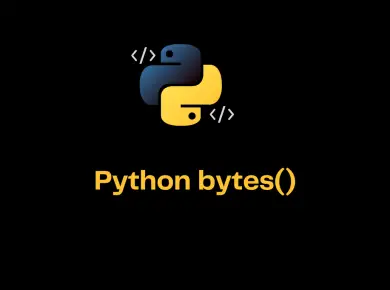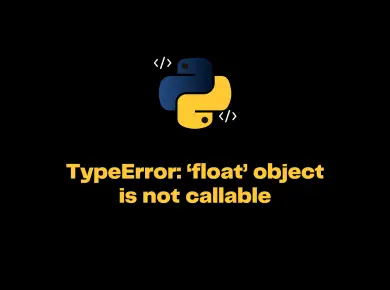In Python, if you are mainly working with numpy and creating a multi-dimensional array, you would have encountered valueerror: setting an array element with a sequence.
What is valueerror: setting an array element with a sequence?
A ValueError occurs when a function receives an argument of the correct type, but the value of the type is invalid. In this case, if the Numpy array is not in the sequence, you will get a Value Error.
If you look at the example, the numpy array is 2-dimensional, but at the later stage, we have mixed with single-dimensional array also, and hence Python detects this as an inhomogeneous shape that means the structure of the array varies, and hence Python throws value error.
#Numpy array of different dimensions
import numpy as np
print(np.array([[[1, 2], [3, 4], [5, 6]], [[1],[2]]], dtype=int))
# Output
Traceback (most recent call last):
File "c:\Projects\Tryouts\listindexerror.py", line 2, in <module>
print(np.array([[[1, 2], [3, 4], [5, 6]], [[1],[2]]], dtype=int))
ValueError: setting an array element with a sequence. The requested array has an
inhomogeneous shape after 1 dimensions. The detected shape
was (2,) + inhomogeneous part.
Solution – By creating the same dimensional array and having identical array elements in each array will solve the problem as shown below.
#Numpy array of same dimensions
import numpy as np
print(np.array([[[1, 2], [3, 4], [5, 6]]], dtype=int))
# Output
[[[1 2]
[3 4]
[5 6]]]The other possibility where you get Value Error would be when you try to create an array with different types of elements; for instance, consider the below example where we have an array with float and string mixed, which again throws valueerror: could not convert string to float.
# Mutliple data type and dtype as float
import numpy as np
print(np.array([55.55, 12.5, "Hello World"], dtype=float))
# Output
Traceback (most recent call last):
File "c:\Projects\Tryouts\listindexerror.py", line 2, in <module>
print(np.array([55.55, 12.5, "Hello World"], dtype=float))
ValueError: could not convert string to float: 'Hello World'Solution – The solution of this is straightforward if you need either you declare only floating numbers inside an array or if you want both, then make sure that you change the dtype as an object instead of float as shown below.
# Changing the dtype as object and having multiple data type
import numpy as np
print(np.array([55.55, 12.5, "Hello World"], dtype=object))
# Output
[55.55 12.5 'Hello World']Check out the below examples for more use cases and best practices while working with numpy arrays.
import numpy
numpy.array([1,2,3]) #good
numpy.array([1, (2,3)]) #Fail, can't convert a tuple into a numpy
#array element
numpy.mean([5,(6+7)]) #good
numpy.mean([5,tuple(range(2))]) #Fail, can't convert a tuple into a numpy
#array element
def foo():
return 3
numpy.array([2, foo()]) #good
def foo():
return [3,4]
numpy.array([2, foo()]) #Fail, can't convert a list into a numpy
#array element




